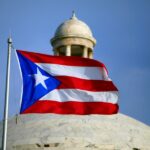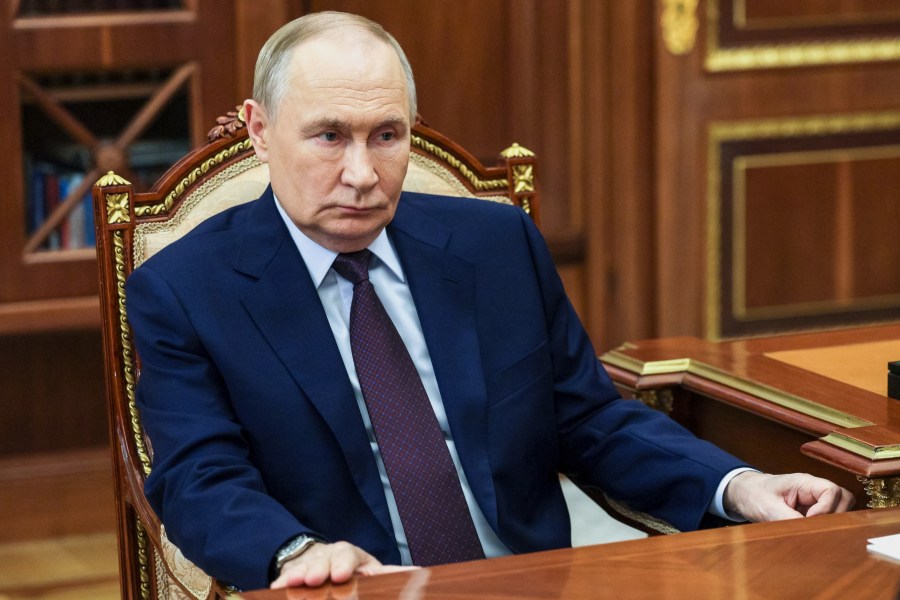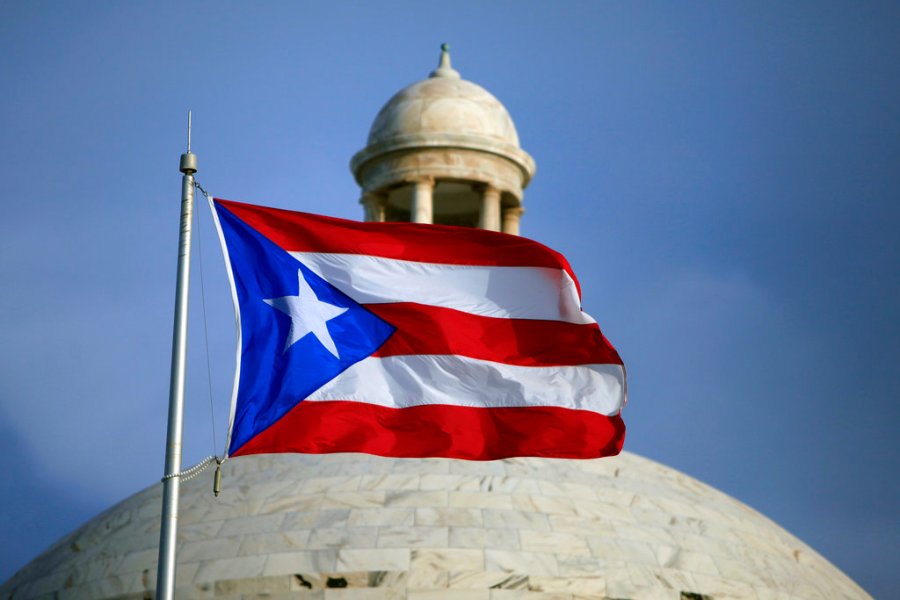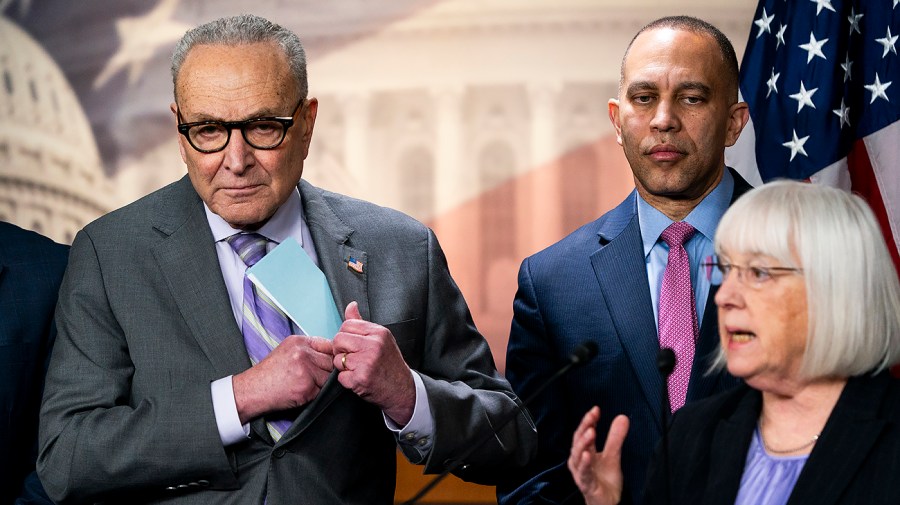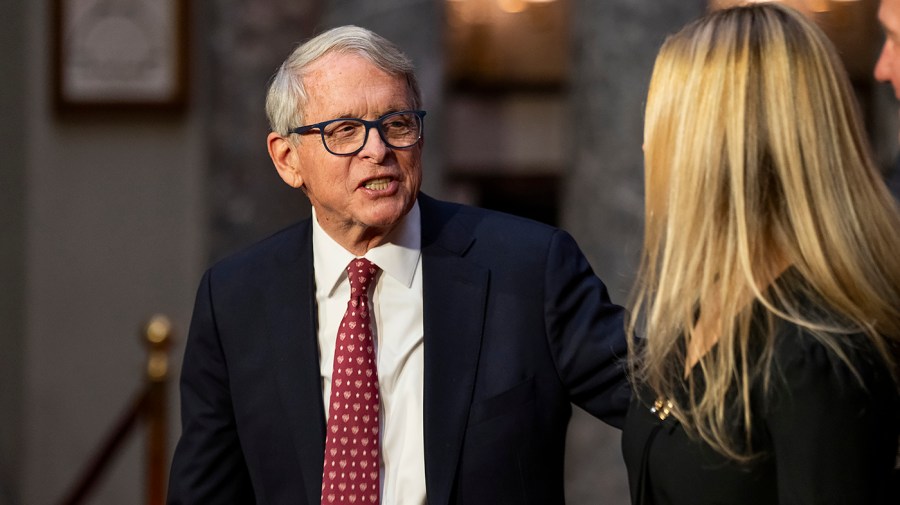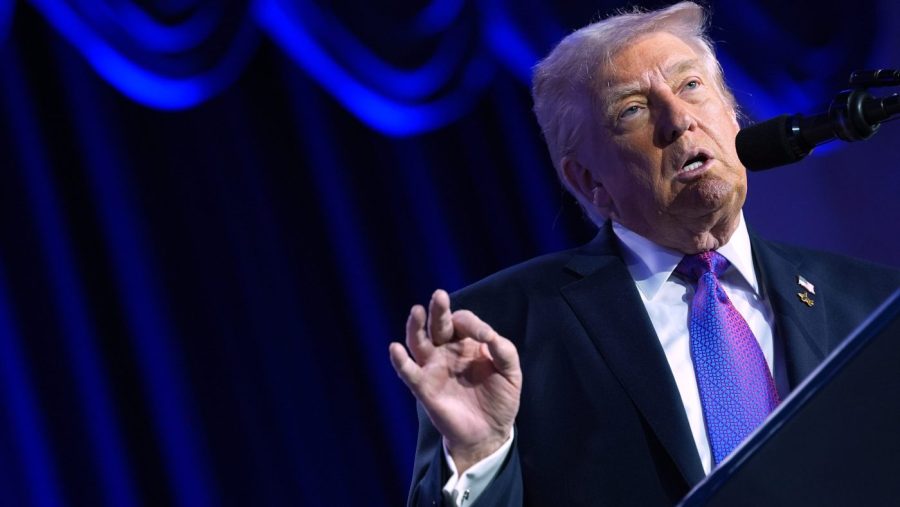
Russian President Vladimir Putin has vowed to bring back the Russian empire; In fact, he has put his political fortunes on the line to achieve that goal. Unfortunately, the targeted nations – non-Russian former Soviet republics and former Eastern European satellite states – do not appear to be cooperating. Having tasted freedom, most of them appear committed to maintaining it.
Finland, Estonia, Latvia, Lithuania, Poland, Hungary, Czechia, Slovakia, Romania and Bulgaria are gone forever, having emerged from Russia’s shadow when they joined the EU and NATO. Many of them have pro-Russian parties, and some even have pro-Russian prime ministers. But, despite their hesitations and self-centeredness, neither wants to rejoin the imperial sphere of Russia.
It’s one thing to get Russian gas and upset Brussels. It is quite another thing to give up one’s sovereignty and accept Moscow’s hegemony.
Moldova, Georgia and Armenia are in the gray zone. They sometimes seem to be coming under Moscow’s influence, sometimes moving away. In any case, they are also committed to their freedom.
Azerbaijan is too rich and autocratic to say no to the Kremlin. Baku also has the support of Türkiye. Kazakhstan, Uzbekistan, Kyrgyzstan and Tajikistan are doing their best to balance Russia against closer economic ties with China. Kazakhs and Uzbeks are particularly adept at playing this game. Landlocked Turkmenistan is neutral, but the Caspian Sea is progressive to dry Turkmen-Russian relations may soon deteriorate.
It is worth noting that the Russia-led Eurasian Economic Union includes only Armenia, Belarus, Kazakhstan, Kyrgyzstan and, of course, Russia. Meanwhile, the China-led Shanghai Cooperation Organization includes China, Russia, Kazakhstan, Kyrgyzstan, Tajikistan, Belarus and Uzbekistan. It has 14 dialogue partners, two of which are Armenia and Azerbaijan. Clearly, the non-Russian former Soviet republics in Asia know that their future lies with China.
Belarus and Ukraine deserve special attention.
Although Belarus is formally part of a so-called “Union State” with Russia and takes its marching orders from Moscow, its illegitimate president, Alexander Lukashenko, often behaves as if he is a sovereign player. His most impressive accomplishment is consistently expressing his undying love for Russia and keeping his country away from the Russian war against Ukraine. Three and a half years after the full-scale invasion began, Belarus is still not involved in the fighting.
Lukashenko has also made some proposals for the Trump administration, 42 political prisoners were released in May14 in June and 77 in September. In return, the US lifted its sanctions against the Belarusian airline Belavia.
As for Ukraine, not only has the country been lost to Russia forever, but its former aspirants have united to celebrate their identity, sovereignty and independence and reject all things Russian. By losing Ukraine, Putin lost the jewel in Russia’s imperial crown.
But Putin is stubborn. There is no reason to think that he has given up on his royal dreams. Furthermore, there is a strong imperialistic tendency within Russian political culture that legitimizes Russia’s endless expansion and civilizing mission. Putin will continue to probe, produce and expand Russian power wherever possible.
Except this time, Russian imperialism will fail. The time to rebuild the empire was in the 1990s, when non-Russian states were weak, anarchic and barely able to survive. Of course, Russia also had its problems. But as a former imperial metropolis, it had enough coercive powers – a vast army, nuclear weapons, economic muscle, and a fifth column in the non-Russian republics – that would allow it to follow in the footsteps of the Bolsheviks and retake much of the Soviet empire.
Since then, the non-Russians have become increasingly stronger and more impervious to coming to power. Russia has also stabilized and may have been able to launch an imperial project had Putin not invaded Ukraine in 2022. The resulting war has weakened Russia’s armed forces and pushed its economy toward recession, potential default, and collapse.
Thanks to Putin, Russia’s imperial dreams may still be alive, but its imperial prospects are dead. Dependent on the goodwill and generosity of China and North Korea, Russia has in fact become, as many analysts and policymakers say, Burkina Faso with the bomb – capable of destroying and killing, but not conquering.
Alexander J. Motil is a professor of political science at Rutgers University-Newark.


